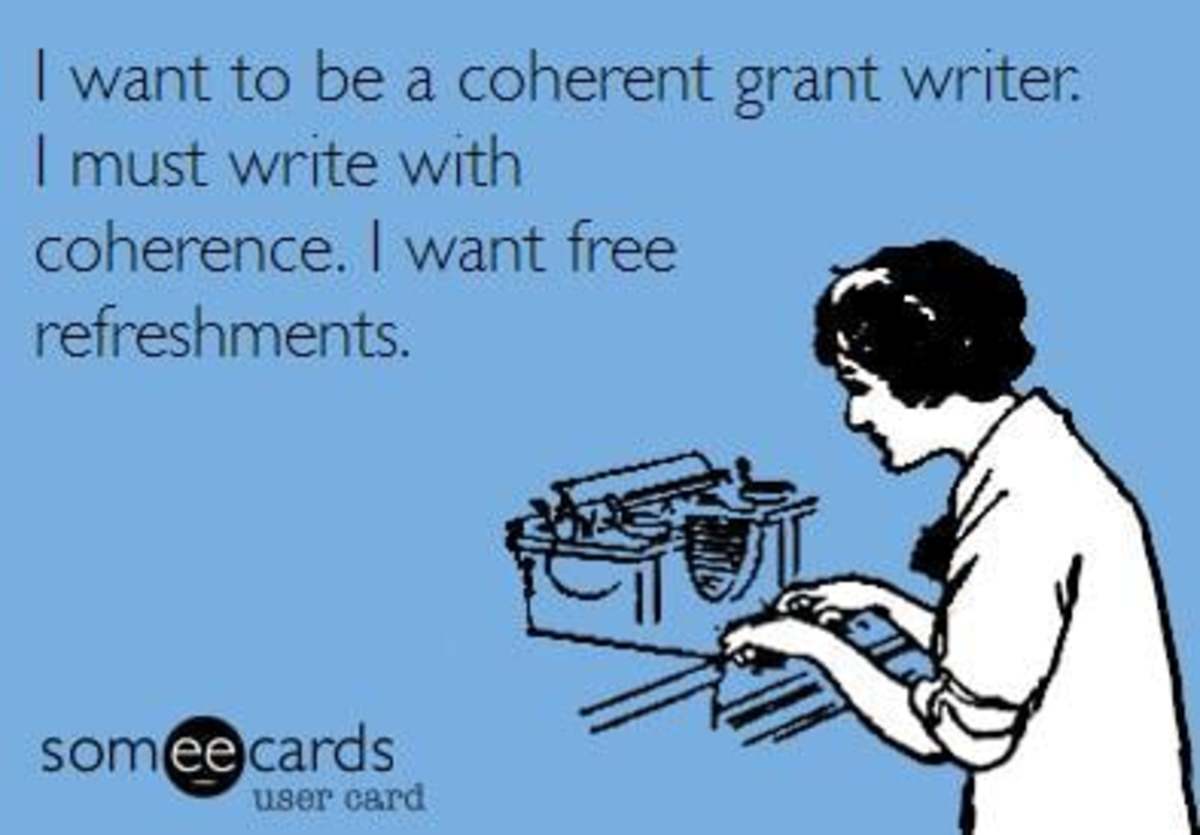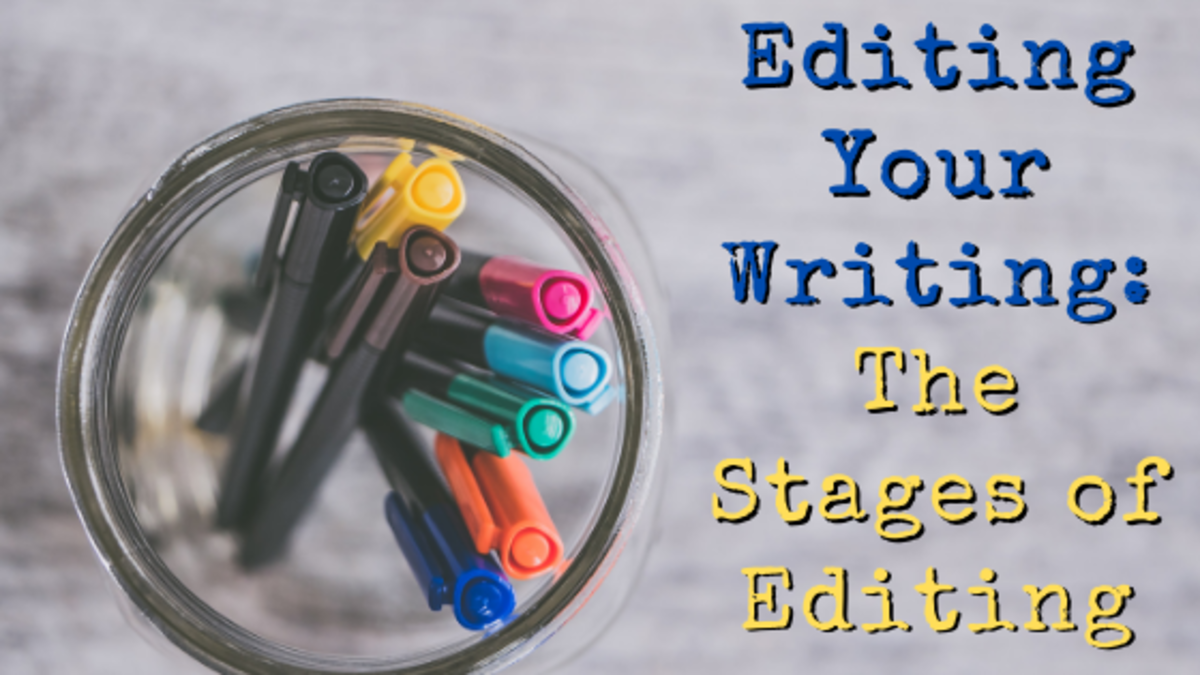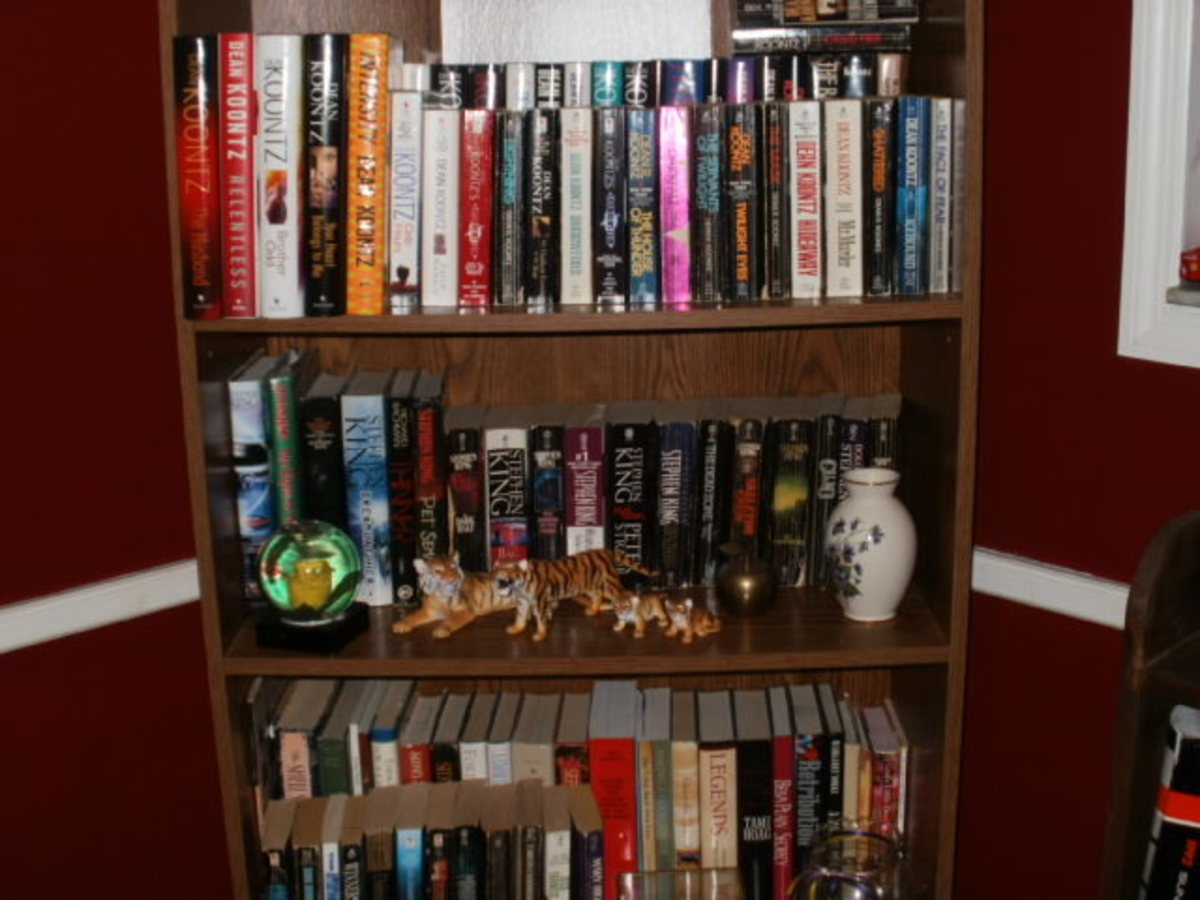Why the Heck Is Writing So Hard?

Photo Credit: Photos8.com on Flickr
Writing can be one of those awesome joys in life. (Don’t believe me? Try it out.) Apart from being an essential tool of communication, it’s cathartic, it’s mind-clearing, it’s a fairly sophisticated way to express your thoughts and feelings, and if you’re very good and very lucky, you can make a respectable living out of it.
However, writing can also be a real pain in the...certain part of the body. Here are a few reasons why, in my humble opinion.

Photo Credit: dearbarbie on Flickr
Maybe because it’s a permanent form of speech
When you speak in real life, you’re talking off the top of your head. (You really should be speaking through your mouth, however. But anyway.) You can easily excuse yourself for saying something that’s not incredibly smart, because you’ve seen everybody else make similar mistakes. Around your friends, some of your quips and comments are only halfway witty—sometimes downright corny—but you’re still accepted. They still laugh or at least crack a grin. And if you make a serious goof while speaking, you can apologize, using the very tongue you used to say whatever silliness you’ve said. And that’s OK; we’ve all done that.
But writing is more permanent. It’s not like you can go back and write, “Oh, sorry about this error...I apologize for that awkward construction...Oh, that word has a horrible connotation? That’s interesting, I didn’t know that...”
Maybe because “you just...don’t...wanna!”
Remember elementary school? Ah, the joys of elementary school. Yeah, some of you are rolling your eyes...but remember how they used to make you write those dastardly three-paragraph essays? You had to have your introduction, thesis statement, form your paragraphs out of the points made in ysour thesis statement, etc. Unless you’re one of those rare souls who revels in the prospect of stringing words together, writing assignments can be a stressful task, whether you’re a 4th-grader or you’re in your 4th year of college.
Especially if you're in your 4th year of college.
Maybe because there are too many rules to remember
Make sure you check out this hub by my friend vrbmft, who has some interesting insights and musings on the concept of perfection. See his other hubs as well!
Grammar. A word devilishly concocted deep in some abyss somewhere, only to strike fear into the heart of brave soul who dares wield a pen. Remember the red-marks you got all throughout school that showed you your grammar was less than perfect ?

She'll straighten you out real good.
(Wait...sorry, I mean really good.) Photo credit
An essential classic (not just for writers, but for everybody):
Grammar can be pretty complicated, and it’s hard to remember all the rules. Even more, most of us have a few personal quirks in writing that fall outside the accepted standards. Like sentence fragments. Or, perhaps beginning sentences with prepositions. Some people have a real bad habit of substituting adverbs for their related adjectives. (I tend to use a lot of parentheses, by the way.) Let’s not forget comma splices, those are really easy to let slip by.
Now, rules are made to be broken, but you should really know your stuff before you try it at home. And that brings me to my next point...

I swear, out of all the human females I’ve had the pleasure of looking at, I’ve never once seen a “gurl.” Is it a “girl” who perpetually “hurls?” Someone please enlighten me. Photo credit: wpclipart.com
Maybe because it lends itself to judgment
In everything from those pesky writing assignments throughout your schooling, to emails and memos written for your boss or co-workers, to friendly banter online with friends (lol wut r u talkin abt? haha), the way you write seems to say something about your character...or at least, that’s what enough people believe.
If you make too many spelling and grammatical errors in an important letter or email, chances are you’ll be seen as less professional or less educated than average. If you chat in text-speak online with someone who normally uses proper grammar, the other person might wonder if you have the brain of a 12-year old. Sometimes you notice that others use actual English when communicating online, and so you adjust your diction and spelling little by little to match their linguistic sophistication.
Yes, you have done that.

Another classic from a true literary icon:
Maybe because it’s both a delicate art and an exact science
Words are to blank paper as watercolor brushstrokes are to an inviting white canvas. When you can artfully weave a place out of words and take your reader on a journey of the mind and soul, you change that person’s reality. You provide welcome refreshment and a simple escape from the anxieties and pressures of modern living. And to think, such a magical thing is as old as written language itself.
But in some situations, precision is what is called for, and a more scientific sensibility is required. If you need to craft a persuasive argument, give clear instructions, delineate the pros and cons of a thing—or of course, write a scientific research paper or lab report—you need methodical organization, a clear structure, a strong anticipation of the questions that might be fueled by your writing, and sound, logical points.

All these things can make someone’s head spin at the mere mention of the word “writing.” Some are hungry for the challenge and some avoid it like the plague and run for the hills...
...but ultimately, I can only speak for myself.
I find writing hard because, for me, it’s real work. I’m somewhat of a perfectionist—yeah, I know, I shouldn’t be—but I feel like I must make sure my “voice” shines through, uncluttered and distinct. I’ve been told by a number of people that I express myself in writing clearly and smartly, that I’m somewhat of a “natural” at it. Yet, I always get a little nervous before a writing project, whether it’s a short story, a poem, a screenplay, a paper I’m writing for college, a letter to a stranger, an email to a friend, a hub.
Why the heck is writing so hard? It asks too much of me. It demands that I arrange letters into words that are precise, words into sentences that make sense, sentences into paragraphs that are internally consistent, and paragraphs into a piece that speaks for itself. It wants me to make sure my grammar is on point, and that my style is original and has broad appeal.
It questions my beliefs and forces me to acknowledge viewpoints that I don’t agree with. It makes me reach into the depths of my mind, a place I don’t always want to go, and pull out personal observations, private frustrations, and dearly-held dreams to share them with people I don’t know. Writing makes me broadcast those things to the world for others to judge, to approve or reject.
Why is writing so damn hard? It makes me doubt myself. It chastises me when I misspell and misuse common words, take forty minutes to write six sentences, and end up confusing a reader when my intent was to clarify something. It makes me wonder whether it’s really OK to break the rules that I intentionally break. I’m afraid that my naivete will show.
It shows me that a lot of people, many of whom will never even call themselves writers, are so much better at it than me. It reminds me constantly that “only 2% of writers are traditionally-published,” and is never kind enough to tell me whether that old saying is accurate or not. It shows me that the vast majority of writers can’t earn a living on writing alone—and I don’t have to wonder whether that’s true.
It’s so frustrating that I sometimes leave it alone. But if I stay away from it long enough, I lose my right to the title of “Writer”...and what am I then?
Writing makes me wonder whether I have anything worthwhile to say, whether I even have a passion for it, whether I should stop now while I’m still young and pursue a more practical, less dreamy line of work. Whether I should bother writing at all.
But why is it so hard?
Maybe because it’s necessary.










